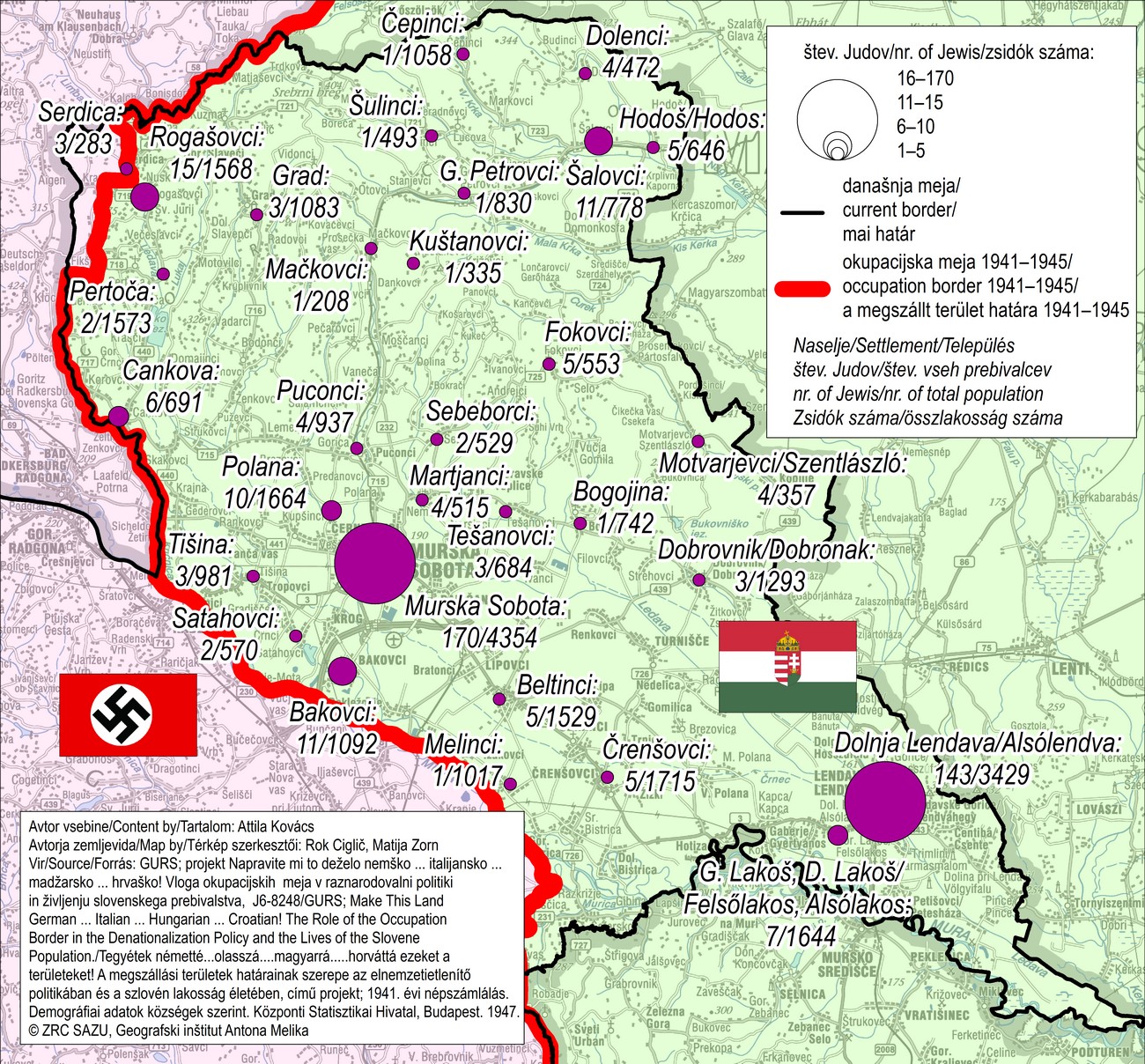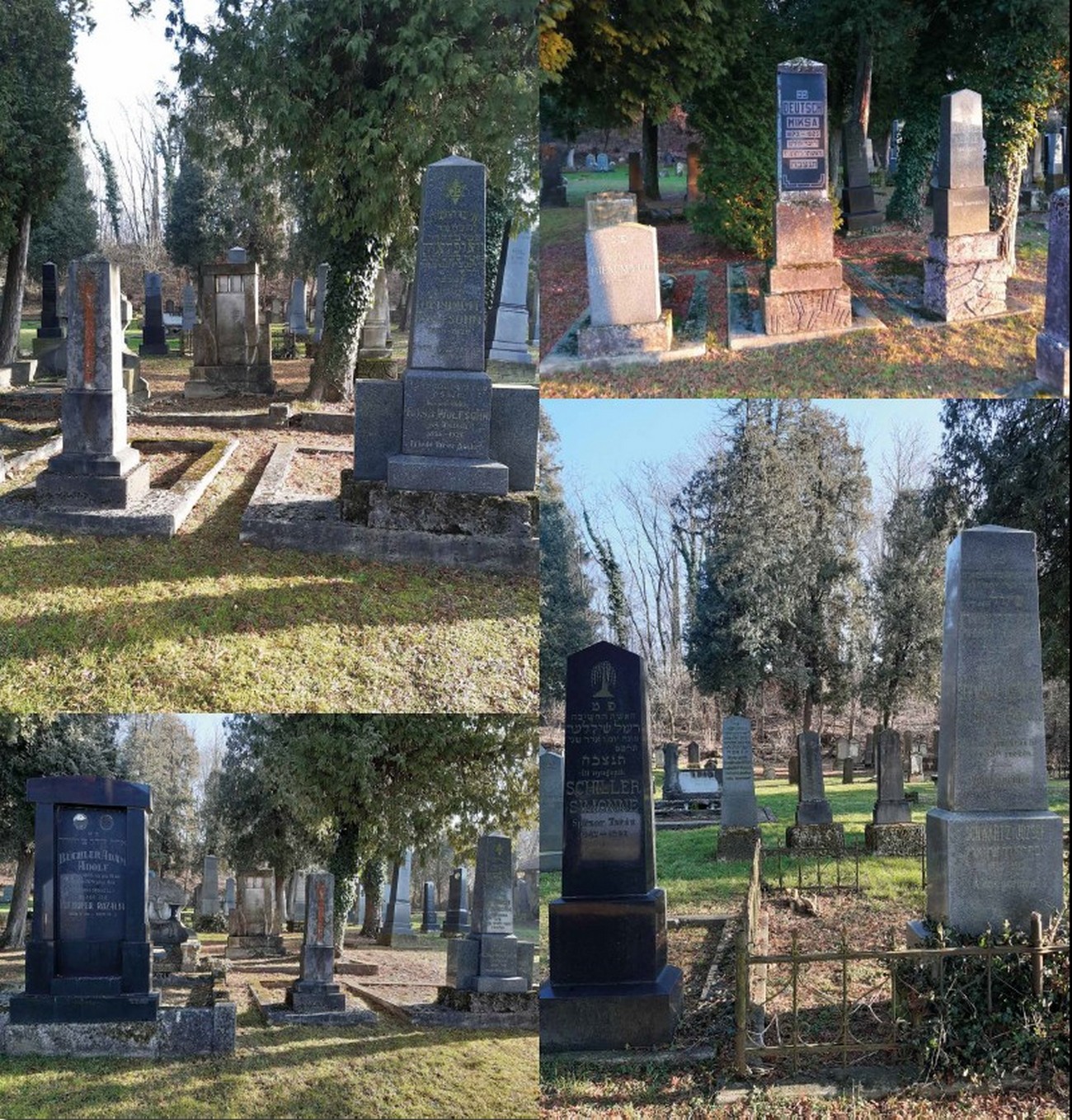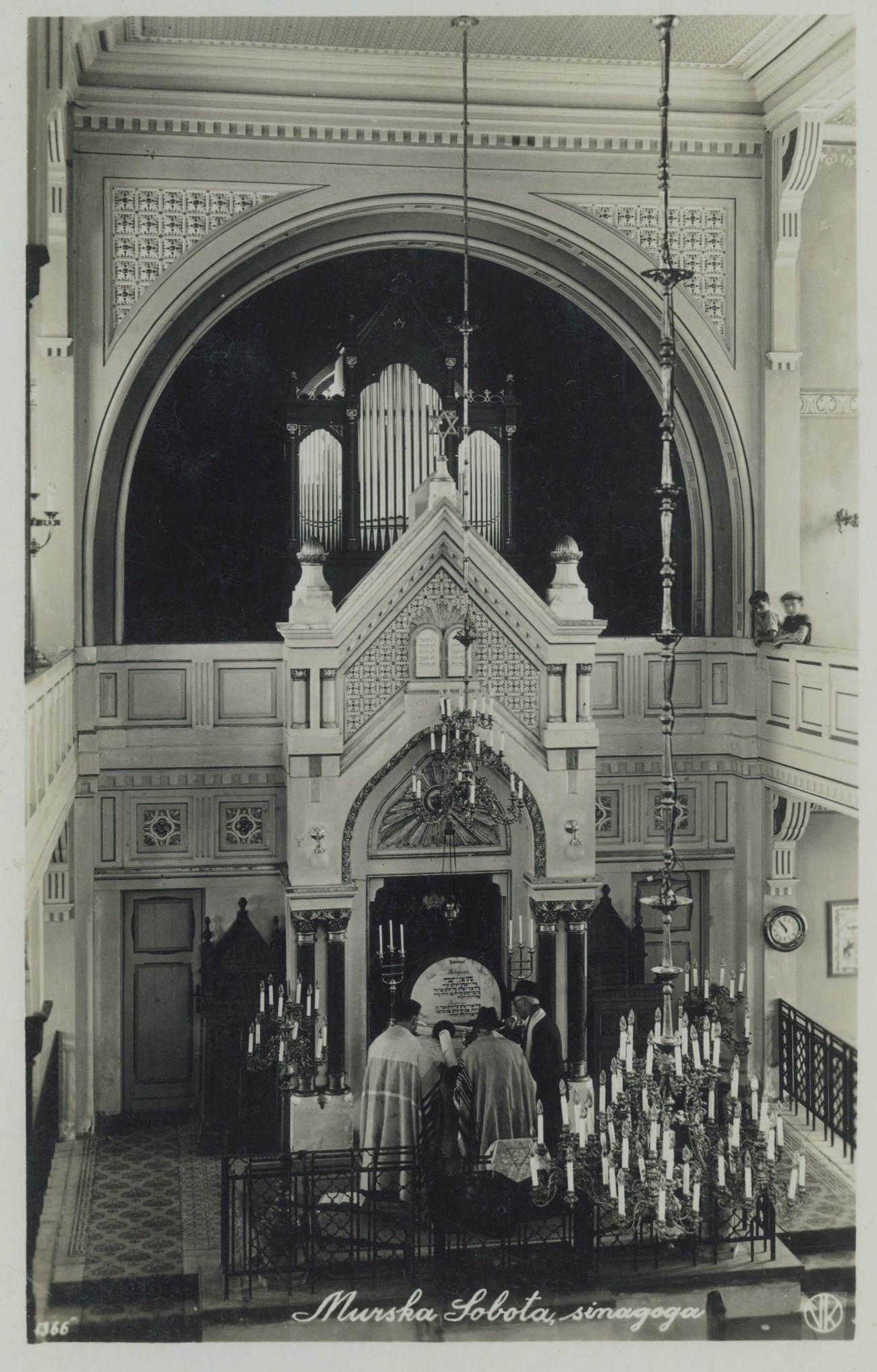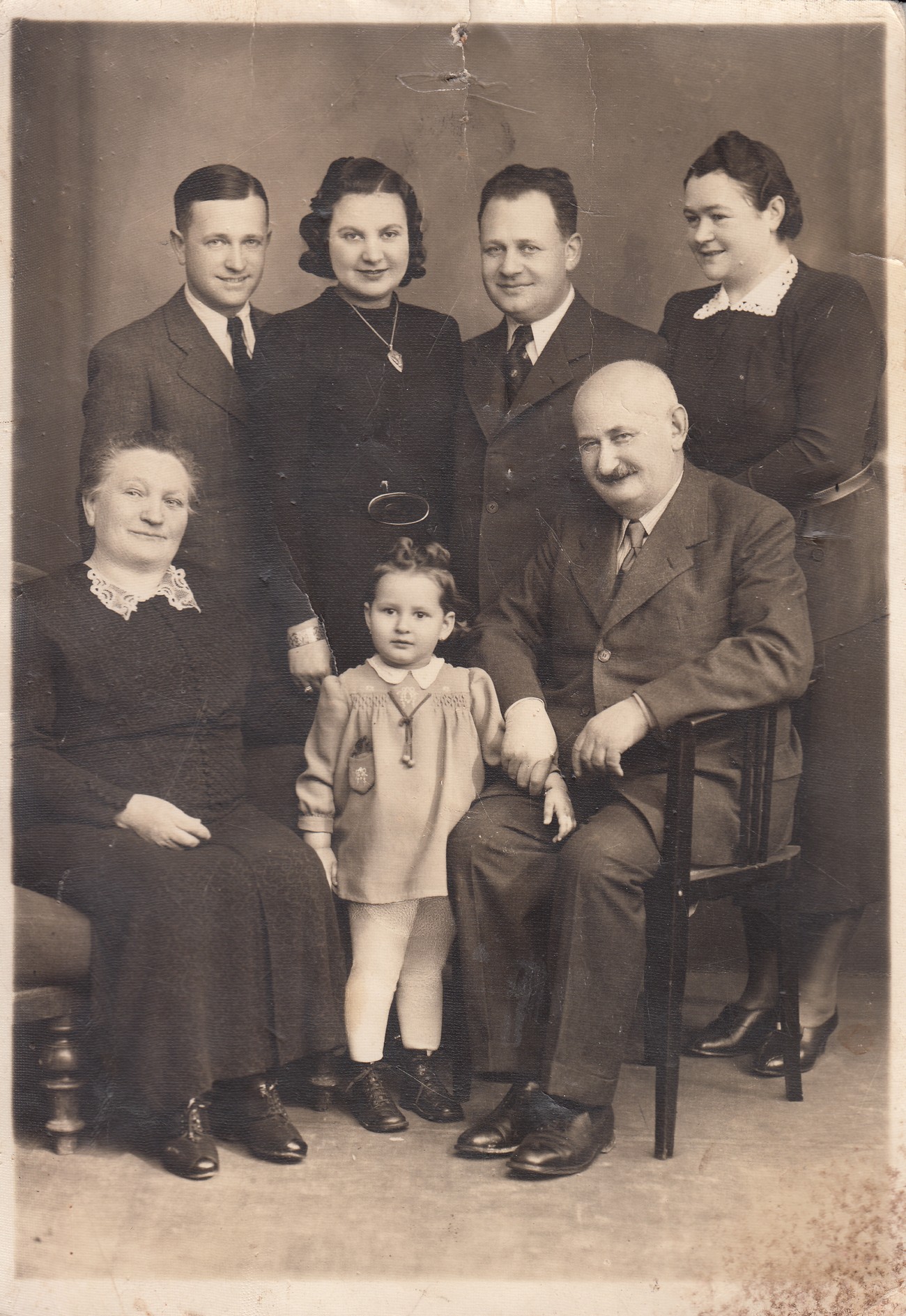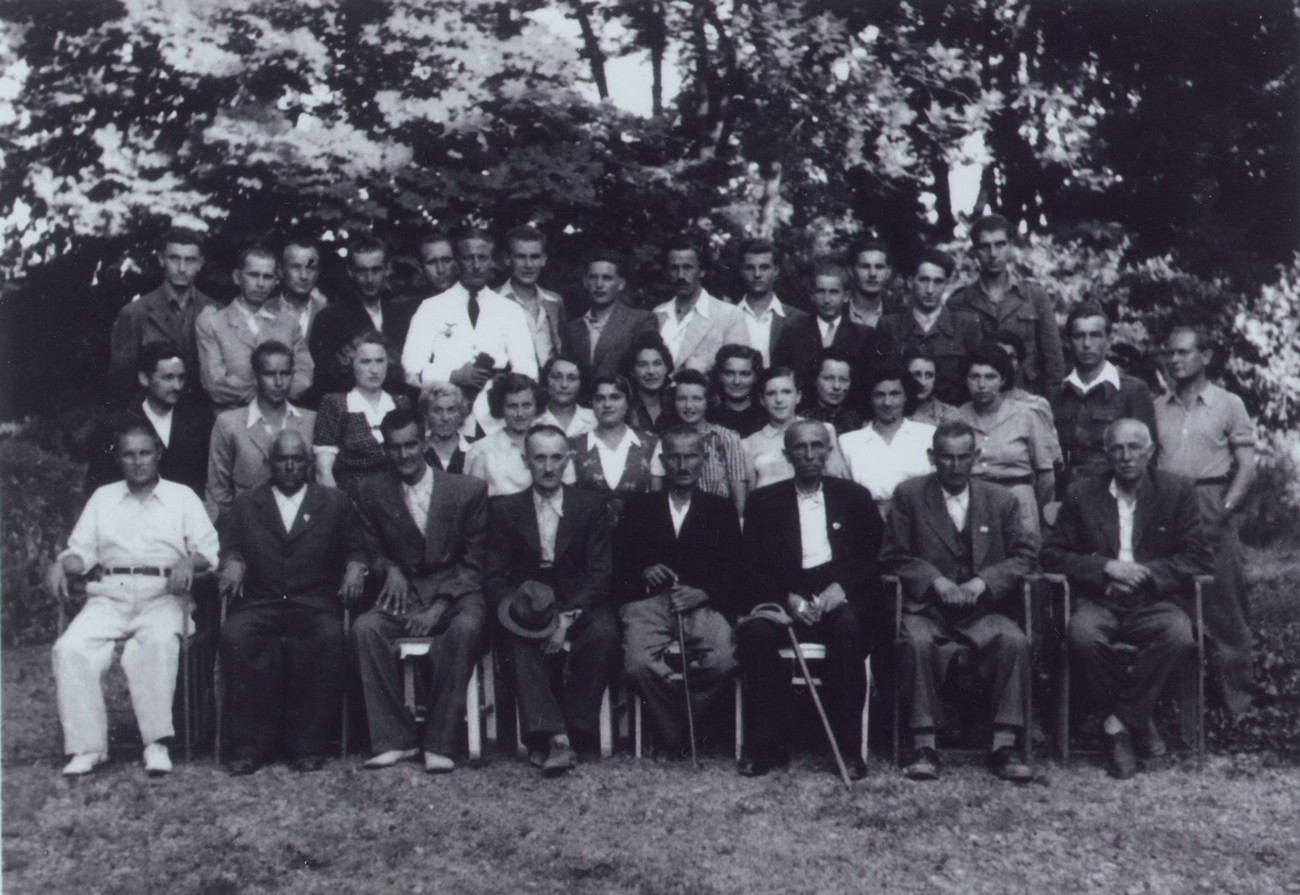Jews began to settle in the Prekmurje region in the first half of the 18th century. Initially, they made a living in trade and hawkering, but later, especially during the dual monarchy, when their number reached almost 1,000 people, there was almost no profession where they would not be represented. After the collapse of the monarchy, the number of Jews in Prekmurje gradually decreased. In 1941, when the Hungarian authorities conducted a census, only 438 denominational and non-denominational Jews were registered. Despite the numerous anti-Jewish regulations that discriminated against Jews, the lives of most of the Jews living in Prekmurje were not in danger until 26 April 1944, when the arrests began. The next day, some 280 Jews were rounded up from Dolnja Lendava and in Murska Sobota synagogues and transported to Auschwitz in different transports and at different intervals via Čakovec and Nagykanizsa. Less than 30 Jews survived the horrors of the war.
